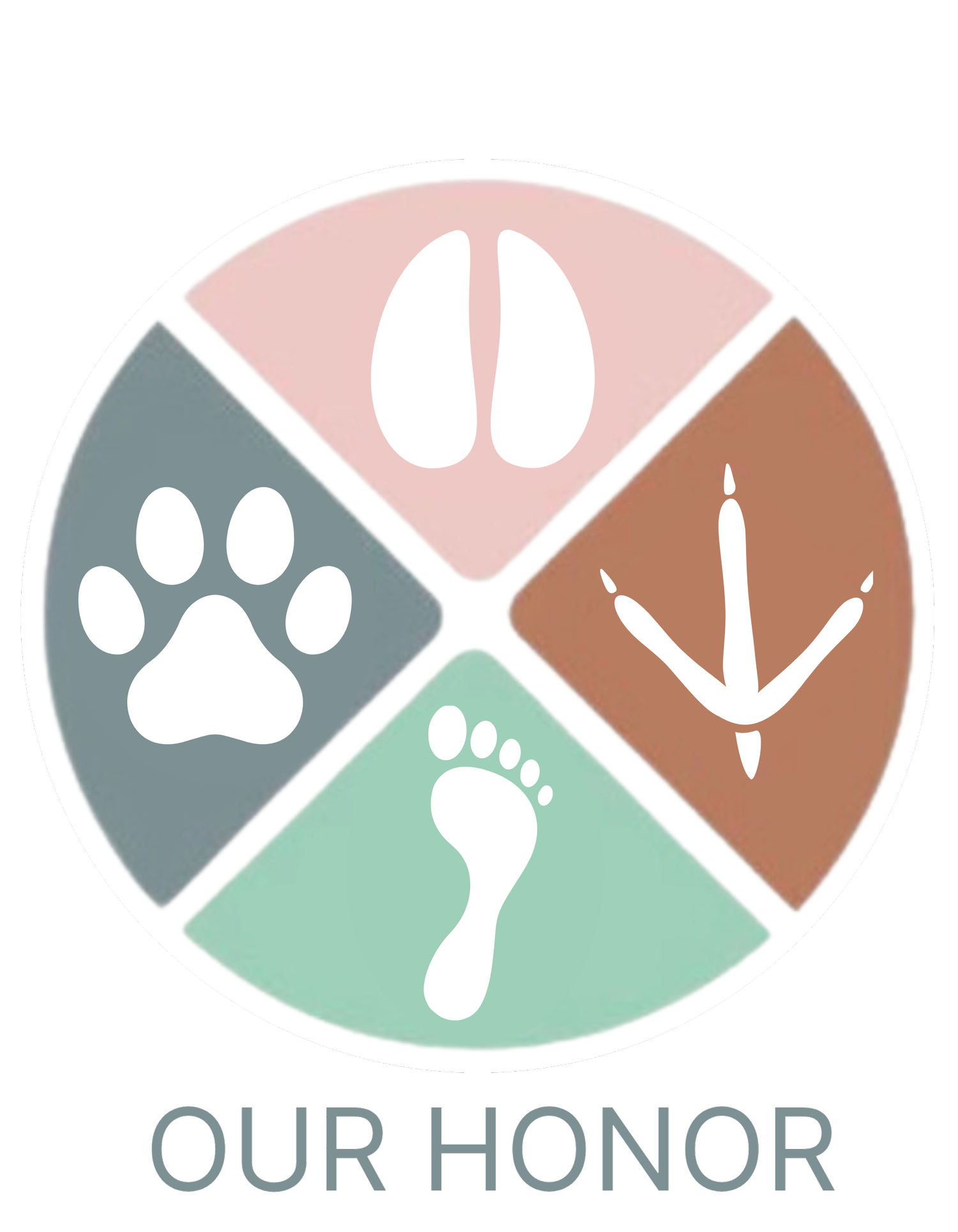Veterinarians’ Statement Regarding Multi-Species Highly Pathogenic Avian Influenza (H5N1) Response
Our Honor is a veterinary advocacy organization that represents veterinarians, animal professionals, and scientists. Our work has been featured in The New York Times, Vox, the Intercept, Wired Magazine, and numerous other local, regional, and industry news outlets.
We offer a transparent, factual, and science-based perspective that dominant veterinary organizations, such as the American Veterinary Medical Association (AVMA), often fail to do. Many veterinarians are frustrated by the corporate capture of the AVMA and our state and allied veterinary medical associations. To protect corporate interests, they publicize polished yet misleading and biased messaging to industry, agriculture departments, and policymakers.
We believe this lack of transparency and interrogation threatens public health, animal welfare, and food security. The public has the right to know about the public health threats some corporations pose and the external costs of their business practices.
Our organization is joining the numerous infectious disease experts and organizations in highlighting the following concerns about the response:
The current USDA-APHIS testing protocol is lacking. We call for increased H5N1 surveillance and repeated animal testing on facilities that tested positive.
We are thankful that USDA-APHIS is mandating testing of lactating dairy cows prior to movement, and we encourage producers to comply with electronic ID tracking.
The USDA must report the locations, dates, and the tissue and sample types used to obtain each sequence so researchers can more accurately track the evolution of the virus.
Positive test results should be reported with greater transparency, including the number of cows affected, not simply the number of herds and states affected.
Factors that led to new outbreaks, including the presence of deceased birds, biosecurity compromises, and animal movements, must be reported publicly.
The release of information regarding the shedding of H5N1 in cattle feces and its threat to the public, who might consume raw vegetable crops contaminated with runoff, irrigation, and dust containing the virus, is similar to illness that occurred due to E. coli.
Transparency regarding the amount of indemnity payments producers receive for lost productivity and culling of unproductive cattle due to H5N1 infection and the total accumulating cost of the outbreak (including response and testing) to taxpayers should be reported regularly.
We call for ending the practice of feeding poultry litter to animals.
Businesses should encourage influenza vaccination for those who work around farmed animals, provide workers with free access to the vaccine, or reimburse them for the cost.
We should seek to protect wildlife and avoid destroying their habitat by chopping down trees or killing them to prevent disease spread.
We condemn the American Association of Bovine Practitioners' move to change the name of Highly Pathogenic Avian Influenza in cattle to Bovine Influenza Virus A in an effort to “maintain consumer confidence.”
The veterinarian’s oath calls for the protection of public health and animal welfare only, not “consumer confidence.”
Require corporations to put plans in place to avoid the use of heatstroke-based depopulation of animals and use less cruel methods.
Stop the overuse of euphemisms. The word “euthanasia” should be reserved for the humane ending of the life of one who is suffering. Ending the lives of healthy animals to prioritize profit and mitigate disease spread is not euthanasia.
The corporate agenda to increase demand for slaughter-based protein and animal-based milk creates an ever-escalating arms race against nature, enabled by massive taxpayer-funded subsidies and bailouts. We must redirect our investments towards slaughter-free and animal-free methods of protein production in order to ensure our food security and public health. This would also save us $7.3 trillion globally in health burdens and ecosystem degradation.
Workers fear retaliation for voicing concerns about production practices, illnesses, and misconduct by their managers. Many suffer severe psychological distress due to disease outbreaks, regular slaughterhouse work, and as a result of participating in emergency depopulation. We call for greater access to mental health services and whistleblower protections. Our Honor offers a portal to report concerns anonymously and/or seek support from their peers.
Some of the worst psychological impacts result from Institutional Betrayal—when workers properly report misconduct, but authorities take no action to address concerns. Authorities should prioritize protecting the interests of workers, animals, public health, and the environment over the interests of corporations and those in positions of power.
Our Honor was recently featured in a New York Times front-page story exposing the millions of dollars in USDA indemnity payments these poultry producers receive for the loss of their birds due to the highly pathogenic avian influenza outbreak. We are continuing to tabulate the amount of indemnity payments and the mass killing methods used to kill the birds.
Corporations that took the most in indemnity payments during the 2022-2024 HPAI Outbreak
